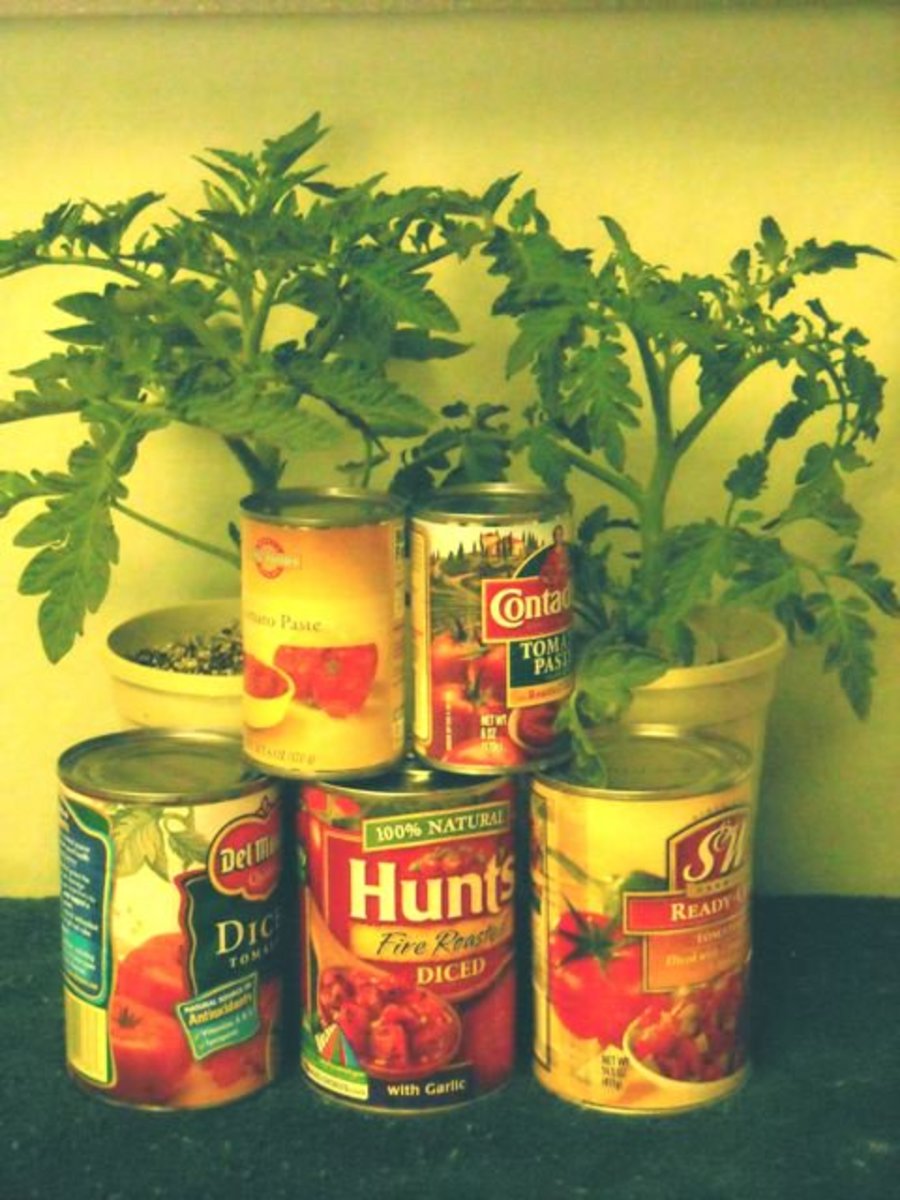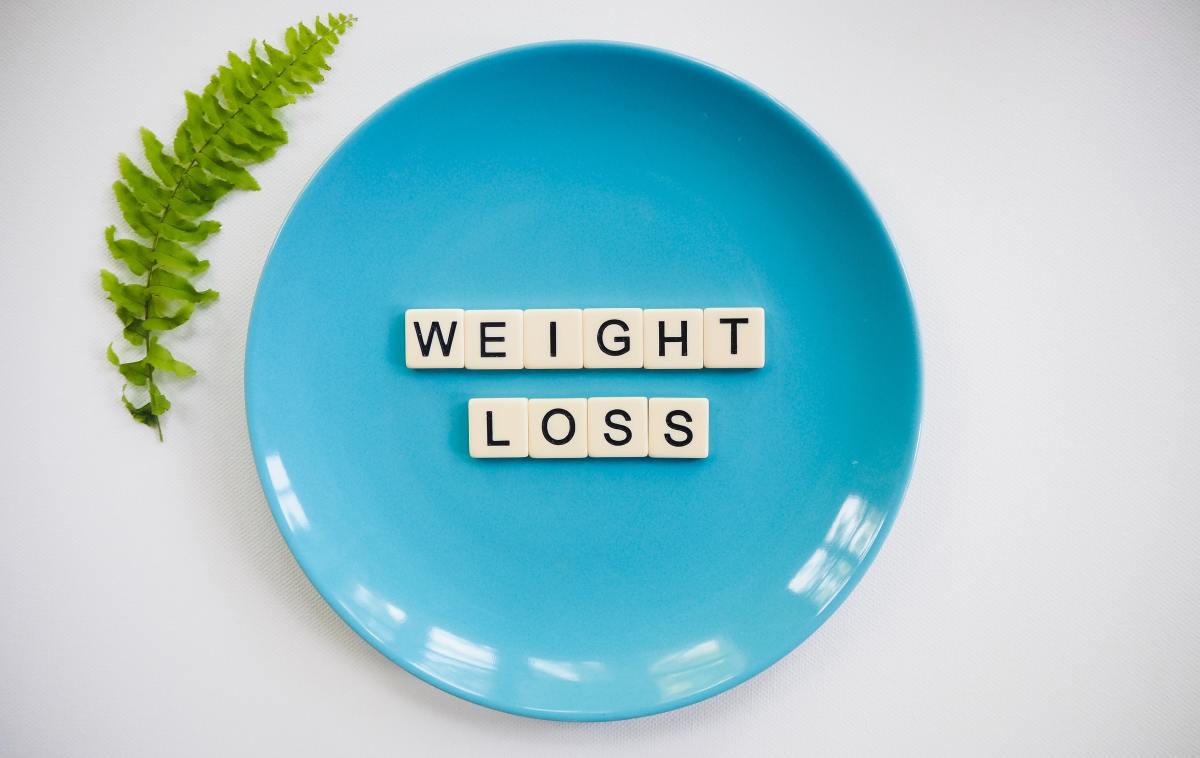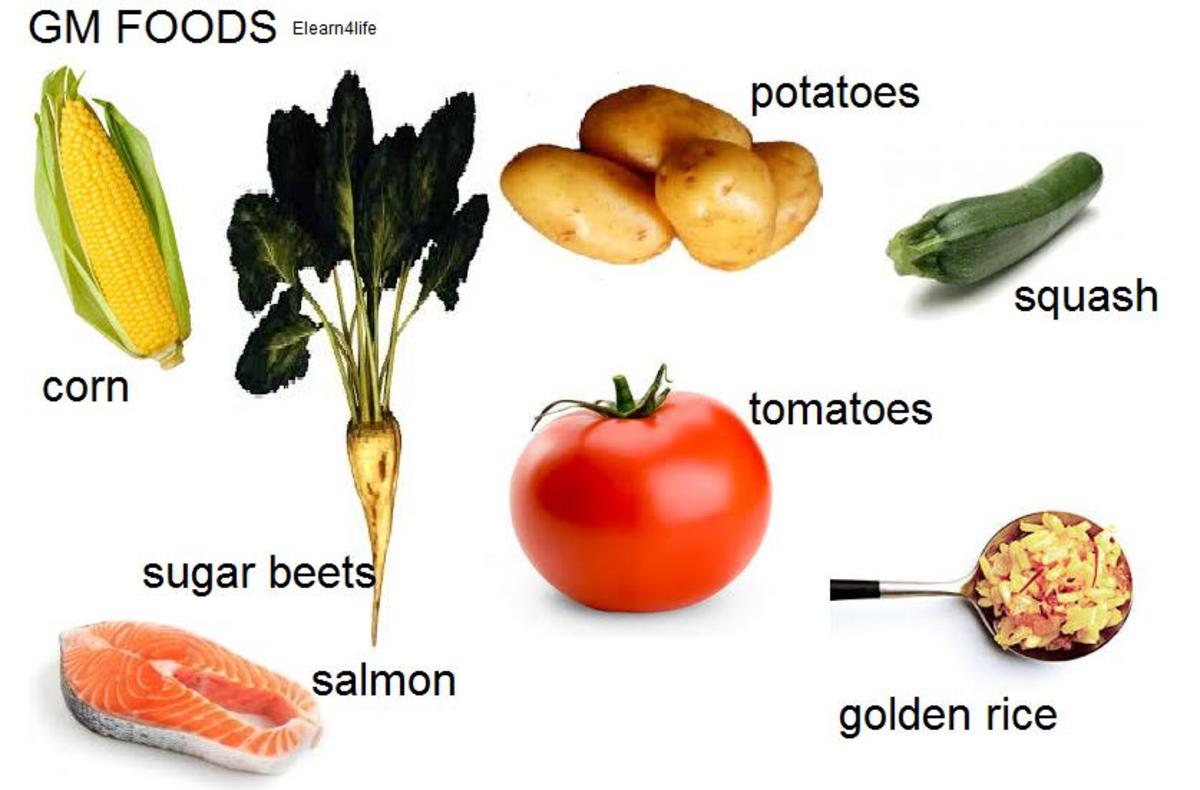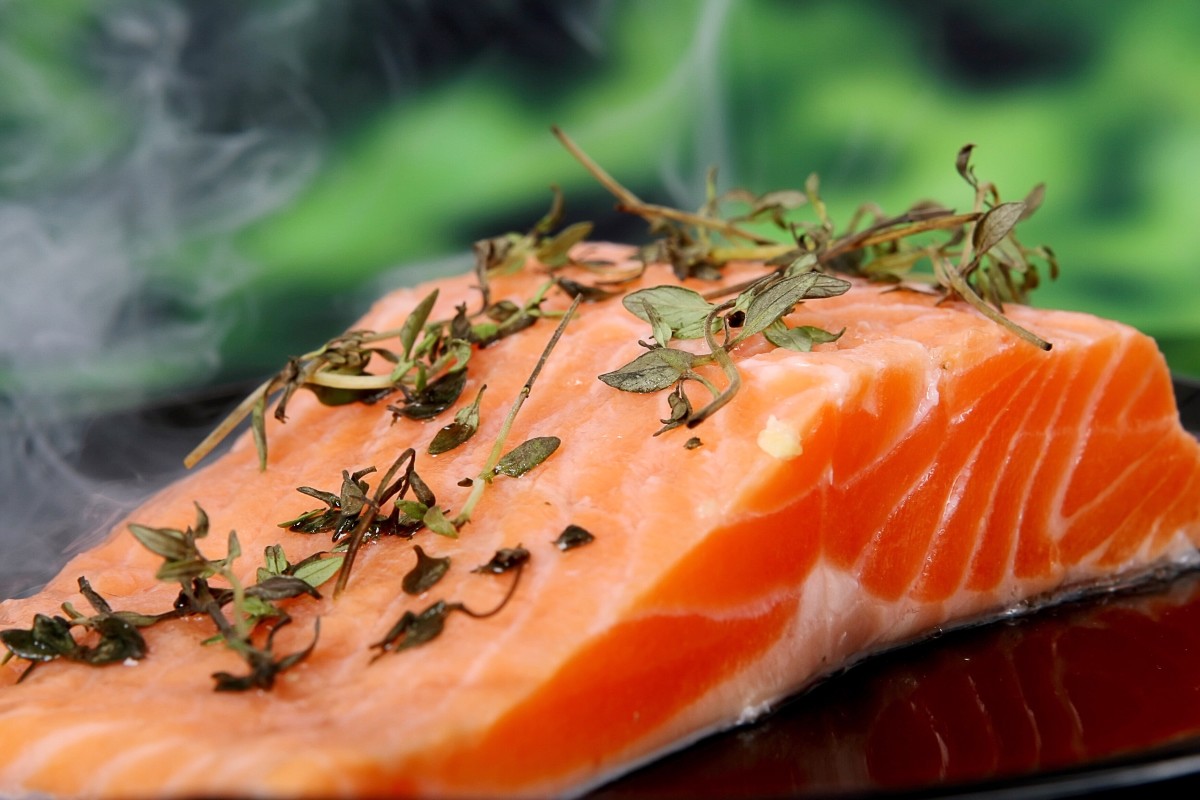Creating a Healthy Diet: 3 Simple Changes to Get You Started
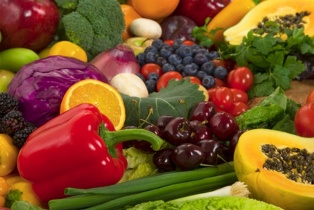
There are many reasons that inspire people to make healthy changes. Of course we want to look good, but often we just want to feel better. For many, the moment of change happens when they are diagnosed with chronic disease or cancer.
Studies now show that chronic disease and many cancers can be avoided by eating right and living a healthy lifestyle. In many cases some chronic illnesses, like type 2 diabetes, heart disease and high blood pressure, can be reversed by switching to a healthy diet.
Here are 3 ways to help you get started!
Eliminate processed foods
I know this can be a difficult step! But if you only change one thing about your diet, this is the one that will make the biggest impact on your health! Processed foods are usually those items that are quick to prepare, convenient and tasty. Think frozen dinners, packaged meals and snacks, cold cuts, bacon and deli meats, and fast food. Unfortunately, the trade-off for convenience is nutrition. Processed foods can contain high amounts of sodium (salt), sugar, high fructose corn syrup, preservatives, and artificial sweeteners.
Cut the sweets
Another hard one for many is eliminating processed sugar. The American Heart Association recommends that women limit sugar consumption to 6 teaspoons daily, and men to 9. Right now, the average person consumes about 22 teaspoons. Here is a great graphic that shows how much sugar we may consume over a lifetime -- a whopping 3,550 pounds of it!
Too much sugar in the diet leads to a whole host of problems including weight gain, obesity, diabetes and heart disease. Because sugar is often "hidden" in foods, learning to read the labels and recognizing sugar in all its forms is essential if you are trying to limit your intake. Here are some of the more common names for sugar from The Nutrition Source at The Harvard School of Public Health.
Make healthy substitutions
I am not a fan of dieting or quick fixes. You want to create a way of eating that you can live with. And it's really pretty simple: whole foods. Yes, whole foods! Whole foods are food as nature intended--unprocessed, unrefined, and full of the nutrients we need.
Start slow, by making one or more healthy choice each day. For example:
- Instead of a bagel or a sugary cereal in the morning, choose a bowl of hot cereal like oatmeal, or a whole grain cold cereal with fruit. Add some flax or chia seeds for added nutrition.
- Have a plain greek or soy yogurt with fruit instead of a sugary snack. If you like it sweet, a small drizzle of honey goes a long way. The yogurt has protein and is loaded with probiotics for healthy, beautiful skin and good digestion!
- For lunch, rather than that sandwich stacked with meat and cheese or tuna salad loaded with mayo, choose a salad that has lots of veggies and a lean protein like chickpeas, beans or fish.
- If you eat salad, make your own dressing. You can make an easy sweet vinaigrette out of 2 parts orange juice (or lemon juice if you like it less sweet) and one part extra virgin olive oil. Add pepper and a pinch of salt. Make a mustard vinaigrette with one part lemon juice, two parts olive oil and a teaspoon of brown mustard, some pepper and a pinch of salt. Or if you like ranch dressing, try this: one tablespoon reduced-fat mayonnaise (my favorite is Veganaise) to 1/4 cup of non-fat plain yogurt. Add a pinch of dill, garlic powder and some pepper to taste. Let it sit for about 30 minutes. Yum -- just like ranch!
- Eat a plate of sauteed or steamed fresh, leafy greens (spinach, chard, kale, etc.) with one meal each day. You will get tons of nutrients and fiber, and it will help you feel full.
- Ditto for whole grains. Most of us are not eating enough whole grains. Varieties of brown rice such as basmati and wild rice are tasty and filling. Quinoa, whole wheat, barley, rye, millet, oatmeal, amaranth, bulgur (cracked wheat) and spelt are all great choices. Make sure it's the whole grain! Enriched flour, wheat germ and bran products are not the whole grain. Of course if you are celiac or gluten-intolerant, you will want to avoid wheat, rye and barley.
- If you are a snacker, try a handful of walnuts or almonds. Or a smoothie with fresh fruit, and yogurt or almond milk.
- A hearty soup can be a meal. Try substituting a rich vegetable or bean soup for lunch or dinner, with a slice of whole grain bread. Soup can also be a healthy breakfast choice.
Click here for more ideas on healthy substitutions.
Take it at your own pace. Remember, even one small healthy change a day is good. We are so used to eating overly sweet, salty and rich foods that it can take some time to get used to the simplicity of fresh whole foods. But once you start looking and feeling your best, making healthy food choices will be part of your life.


